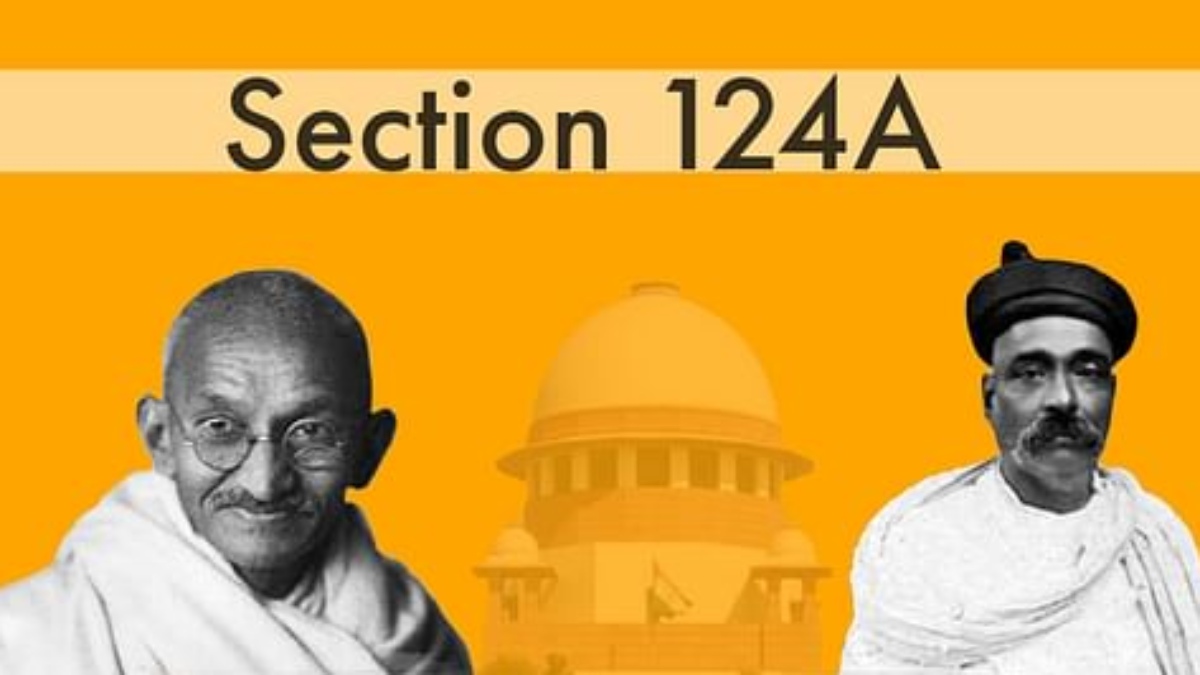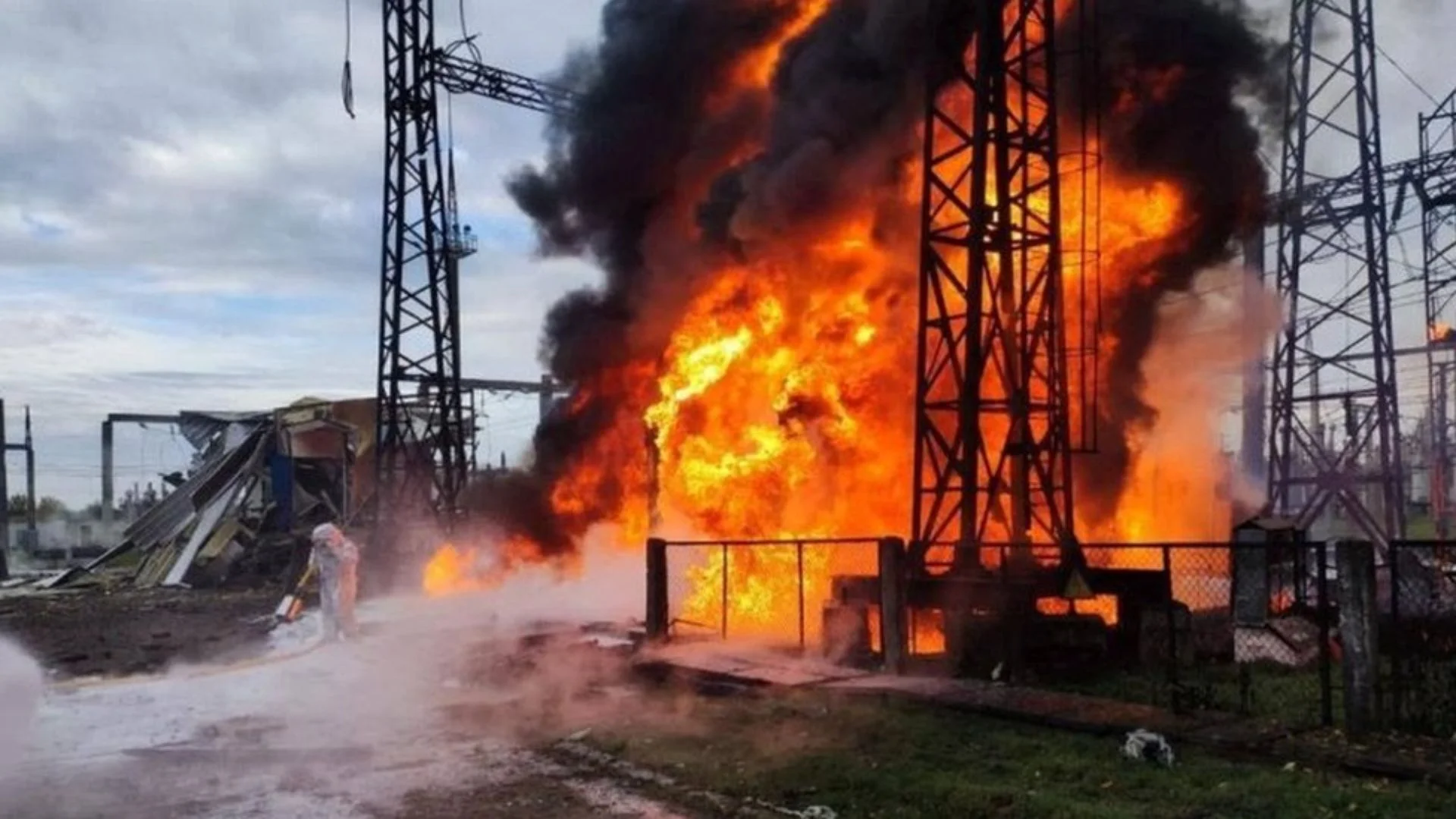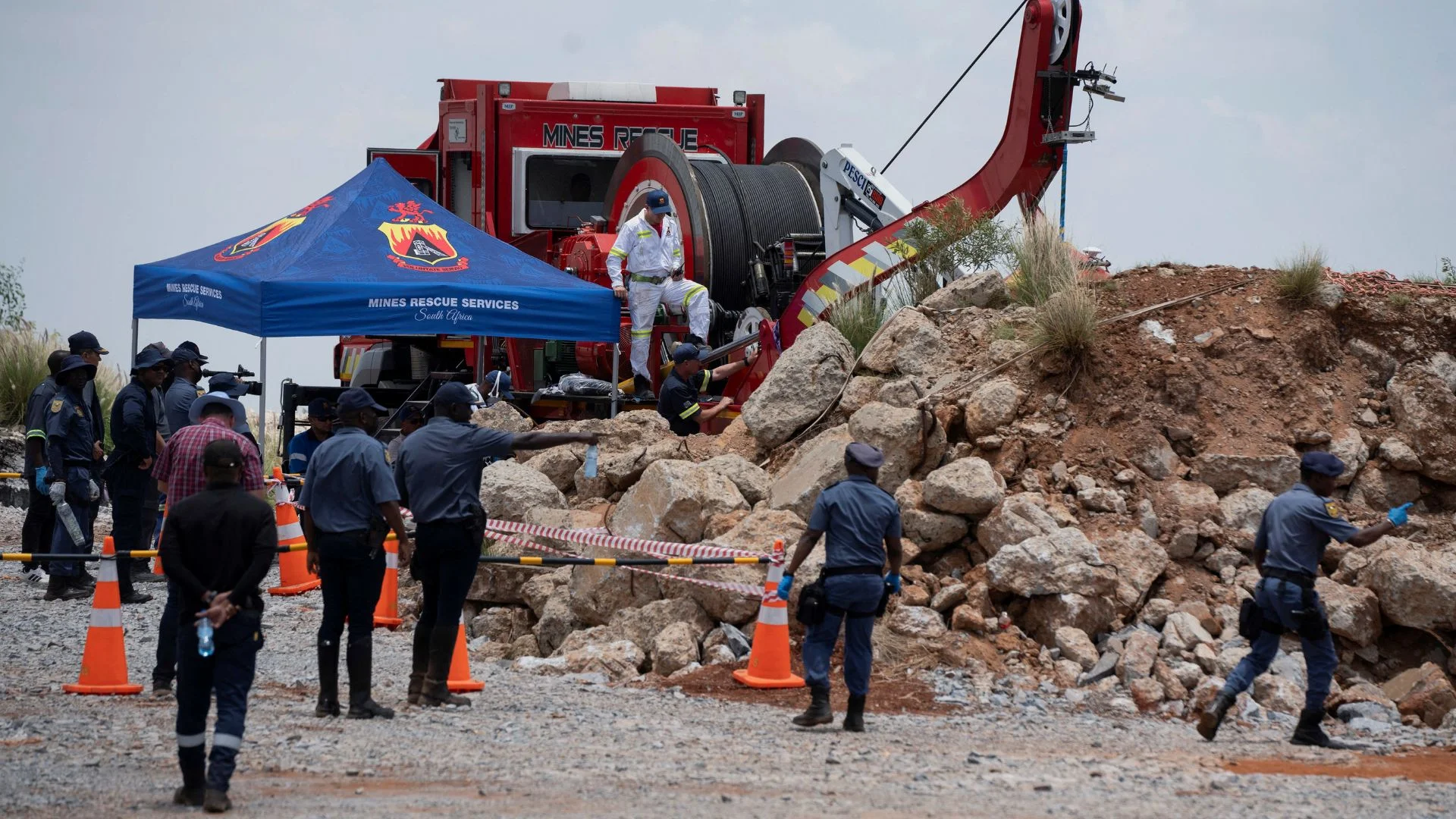The Supreme Court on Monday, while hearing a petition challenging the constitutional validity of the sedition law, observed that sedition provision Section 124A of the Indian Penal Code (IPC) is a colonial era which was used to silence dissent or protest against British and was used against Mahatma Gandhi and Bal Gangadhar Tilak. Chief Justice of India N.V. Ramana asked Attorney General K.K. Venugopal whether the law is still needed after 75 years of Independence.
“Dispute is that it is a colonial law and was used by British to suppress freedoms and used against Mahatma Gandhi and Bal Gangadhar Tilak. Is this law still needed after 75 years of independence?” CJI Ramana asked.
The apex court also said that like Section 66A of the I-T Act, quashed before it was abused to arrest thousands for airing their views, the sedition law is misused by police to fix persons who speak against the government. There is no accountability for slapping sedition charges, the bench said.
Attorney General Venugopal suggested that instead of completely striking down the law, the court could lay down fresh guidelines to restrict the use of the sedition provision only for the protection of the nation and democratic institutions.
The Supreme Court in its order said that pending petitions challenging validity of Section 124A of IPC would be tagged together. It issued notice to the Centre on Army veteran Major-General (retired) S.G. Vombatkere’s petition.
Hours after the Supreme Court›s observation, Congress MP Rahul Gandhi tweeted, “We welcome this observation by the Supreme Court.”
During the day Former Union Minister Arun Shourie also filed a petition in the Supreme Court challenging the constitutional validity of Section 124-A (Sedition Law) of the IPC 1860, and said that it is violative of Articles 14 and 19(1)(a) of the Constitution of India
The top court was hearing a petition by Major-General (retired) Vombatkere, challenging the constitutionality of the offence of sedition under Section 124A of IPC for being “vague” and creating a “chilling effect on free speech”.
The petitioner sought a declaration that “all subsisting criminal proceedings before any court” under Section 124A of IPC should be closed and all complaints and investigation reports relating to the offence under Section 124A be quashed.























